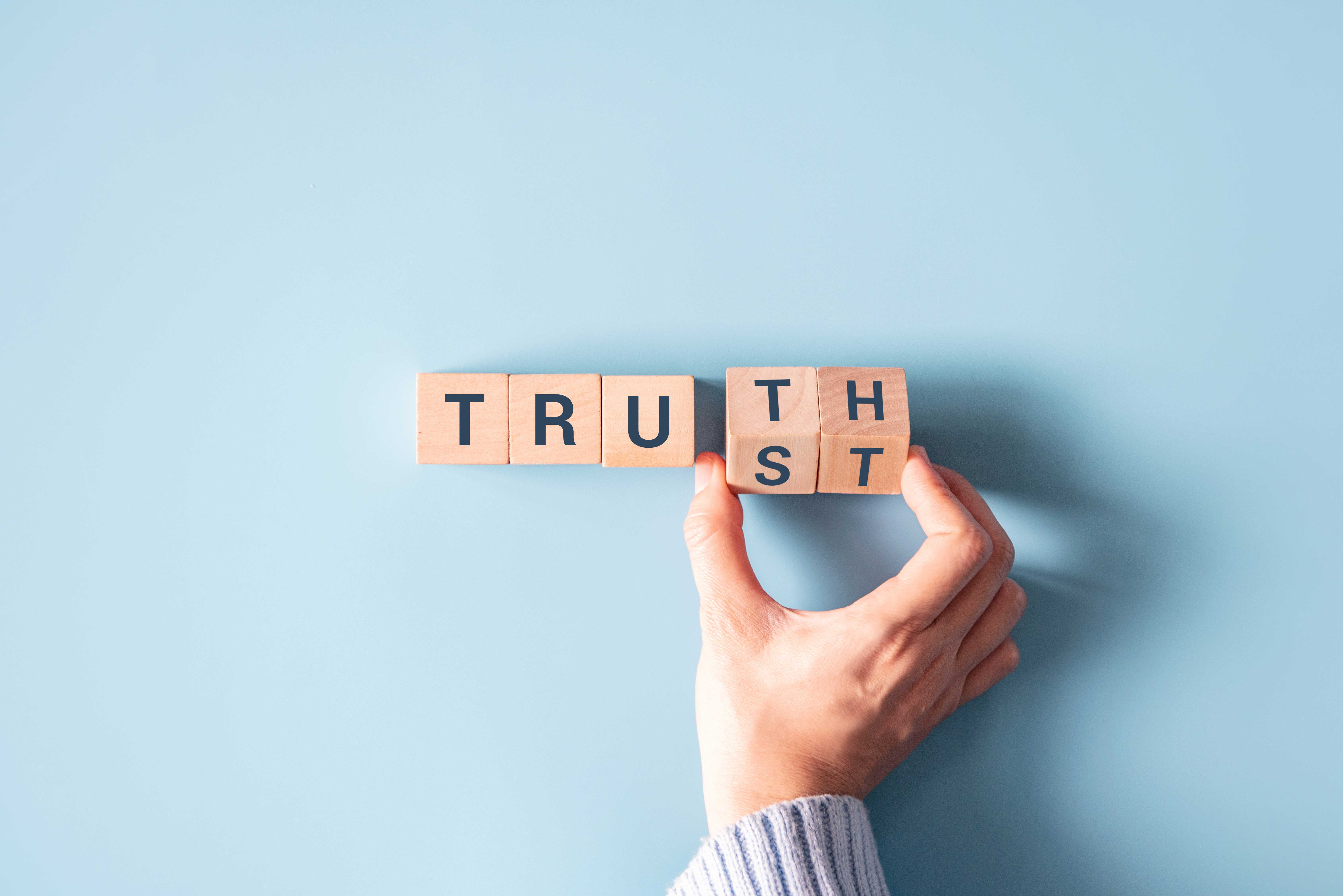Ah, social media. It really is a double-edged sword. First, the good news: Social networks make it easier than ever for your brand to shape its identity, get creative, reach new audiences, and interact with customers in real time.
Now, the dark side: The ability for anyone to post anything from anywhere at any given time can make negative sentiments about your brand spread like wildfire. Once those narratives hit social media, sentiments about your brand may seem impossible to control – whether the things being said are true or not.
The negative side of that double-edged sword causes many brands to shy away from social media altogether. That’s a huge mistake. Social networks have been around for more than two decades, and they are a primary source of news and information for many people.
So what’s the best way to prevent your brand reputation from taking a hit on Twitter/X, Facebook, Reddit, Instagram, or TikTok? You’ll need to be proactive and comprehensive. You’ll need to understand why your brand needs a social media strategy, know the factors that influence your brand reputation, and foster coordination between your internal teams.
Most of all, you’ll need to team up with the right strategic partner to ensure your brand maintains a good name in the public eye. The world of social media may seem chaotic and impossible to control, but an expert partner such as Airfoil can help you create an organized strategy that protects and advances your brand reputation.
Why Every Brand Needs a Social Media Strategy
If your leadership team hasn’t done so already, it’s time to start thinking about social media as the most important touchpoint with your audiences. Your brand’s social media strategy and posts aren’t an “intern task,” and social media isn’t just “new media” or a fad.
Social networks are the primary avenue of communication with younger audiences, and 85% of Gen Z respondents in a recent survey said they make purchase decisions based on what they see on social media.
You may be thinking, “well, that’s only important if my company is a consumer brand trying to reach younger audiences.” Not so! Social media strategy and engagement are increasingly important for B2B brands to reach current and potential customers.
In fact, a compelling presence on social media can be a huge benefit and point of distinction for a B2B brand, as there simply aren’t many B2B brands doing it well. Before long, your partners, your workforce, your potential employees, and your executives will be from the Gen Z and Millennial generations – if they aren’t already.
A strong presence on social media isn’t just beneficial for marketing and sales purposes. It will help establish your brand as a top option when recruiting next-generation talent and leadership.
Understand the Factors That Influence Your Brand Reputation
Rarely does a single factor make or break your brand reputation. However, there are common attributes that drive positive brand sentiment. According to recent research from AIMultiple, the quality of your products and services, the safety of your products, and your privacy practices are at the top of the list.
If your brand is looking to establish or improve its public reputation, assessing these key factors and identifying areas for improvement is a great place to start. Consumer surveys will help you understand the strengths, weaknesses, and overall perception of your brand within your competitive landscape. Your social media and customer service teams can also reveal the most common negative feedback about your brand and its products.
All of this data will help you be proactive and anticipate any negative feedback you may receive on your social channels. Better yet, it will help you craft thoughtful responses to common complaints well ahead of time, helping you engage with your social followers in a timely and well-organized way.
Planning Is the Best Response to Misinformation
That said, you can’t anticipate every negative comment that pops up on social media – especially if those comments aren’t true. “Fake news” is a stale cliche these days, but it’s still a major concern: Misinformation has a very real effect on a brand’s reputation on social media.
To combat misinformation, you’ll need to stay ahead of the storm and be able to react quickly. That’s why a crisis communications plan for your social media team is absolutely essential.
An effective crisis communications plan for your social team will include clear guidelines on when to notify communications team leaders, backup contacts in case those individuals are unavailable, and detailed instructions on what to do – and what not to do – if your brand reputation takes a hit on social media. This will ensure that your team can react quickly, but in an organized and unemotional manner.
But how do you even know what is being said about your brand across a growing universe of social media posts and platforms? It’s time to talk about the powerful tools you can use to do it.
Social Listening Tools and Important KPIs
Another common misconception about social media teams is that they simply post content and respond to the occasional incoming message. In reality, modern social media teams use a wide array of tools to post and schedule content, track other peoples’ social-media posts and interactions, gauge the overall sentiment of brand-related posts, and measure their performance against goals and KPIs.
Sprout Social is one of the most popular tools for publishing posts, scheduling posts, and tracking engagement data across several social platforms. Platforms such as Muck Rack, Cision, and Meltwater help social teams track social and traditional media coverage, as well as build lists of reporters and social influencers to follow and contact for coverage opportunities.
Many modern platforms – including emerging solutions powered by AI – also have “sentiment analysis” features. These built-in features can assess whether posts about your brand across social media are positive, negative, or neutral, and they can help alert your social team when negative posts about your brand spread on social.
Thanks to the extensive capabilities of these tools, your social KPIs can take many shapes depending on your brand’s overall goals. For example, suppose you want to improve the overall sentiment of social posts regarding your brand. In that case, you might set a quarterly target of 90%+ neutral to positive coverage across social and traditional media. If you’re looking to gain brand awareness, you might set a KPI of gaining 20% more followers over the year.
Long story short, each of these powerful tools isn’t a full-service solution in and of itself. You’ll need a knowledgeable team that understands their full capabilities, how to use them fluently, and how the insights they unlock can help your brand achieve its big-picture goals.
The Immense Value of an Expert Partner
Reputation management on social media is more than a full-time job. The people who can make your strategy a success are scattered throughout your organization, and an expert partner can help streamline and maximize your efforts.
For starters, you’ll need extensive coordination between your C-Suite, your marketing and communications teams, your social media specialists, and perhaps even your HR department. In order to execute your strategy effectively and manage the tides of public opinion, you need a dedicated team to oversee those efforts.
Airfoil can help. We’ve devised effective social media strategy, reputation management, crisis communications, and brand strategy programs for hundreds of clients in the consumer tech, B2B, automotive, manufacturing, health care, and non-profit space. We know how to optimize public perception of your brand, we know what it takes to improve and sustain a positive brand reputation, and we know how to pivot when necessary.
Drop us a line, and let’s get started.





